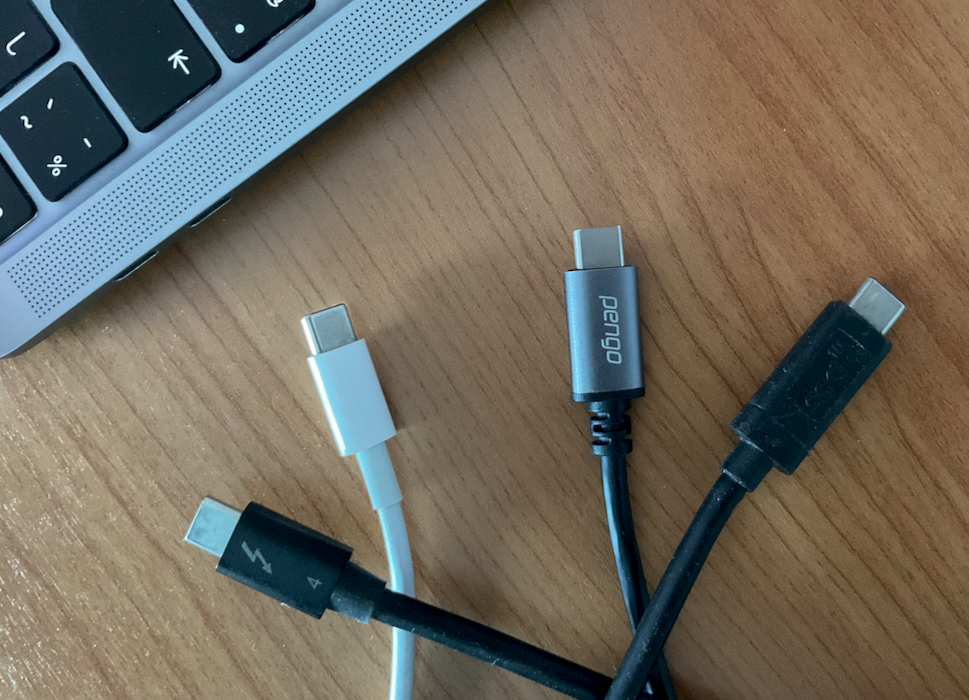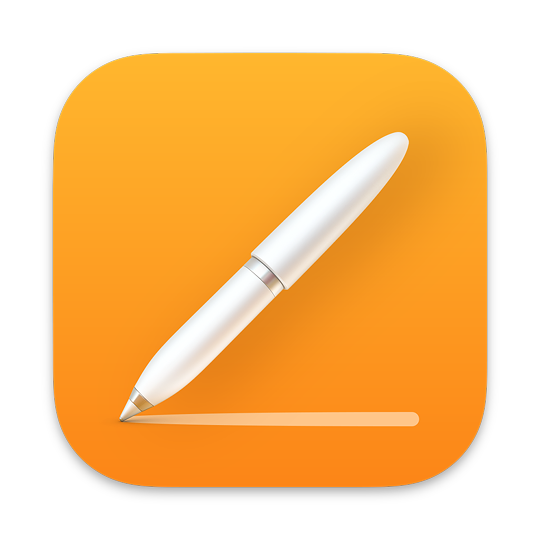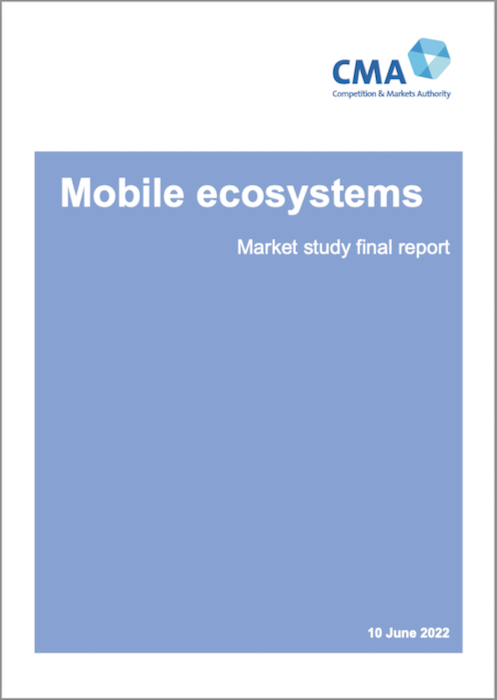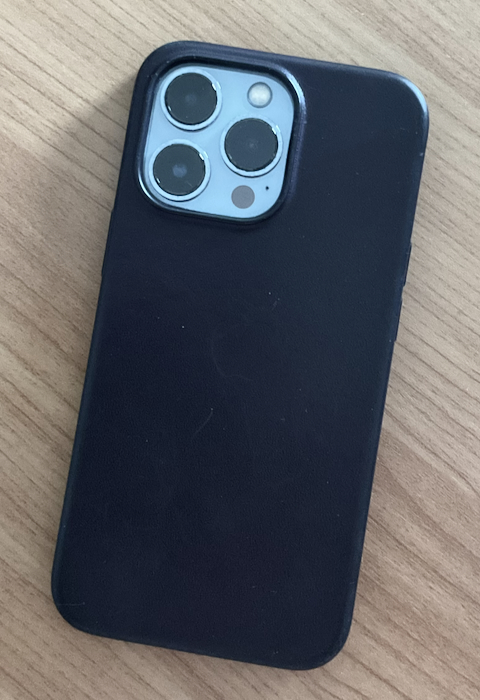|
|
Weekend Notes: Water and iPhones; Updates; Politics and Mobile Devices - Comment on UK CMA ReportBy Graham K. Rogers

It was reported by Joe Wituschek (iMore) that a phone that had been in a river for 10 months was found and brought back to life. The finder cleaned it, dried it out and it started up. The home screen image was used on social media to find the owner. Although the model is not mentioned, it looks like an iPhone 11 or iPhone 12. These were water resistant of course unlike my iPhone 4; but even so, 10 months is impressive.
Apple has continued to roll out new beta versions of all of its operating systems and as well as testing to identify problems before the gold release, some people have a look inside and examine the code, often finding references to new devices. This week, Jason Cross, In MacWorld, writes about a new Siri remote for the AppleTV. There had been some hints before WWDC about a new AppleTV or some related update and this might be linked to those. One hopes that these beta updates are bringing the releases closer, but among changes to macOS there has been no mention of a return of the flags in the menu bar to indicate the keyboard I use. Running with the character indicators (US, et al) is bland and not Apple-like.
I checked the app and could initially find no setting, so looked at the app, and confirmed the update (2 days before). Looking through the FAQ list I saw information on how to show the heart rate, so ran through the settings again. In Profile there are a number of options and Heart rate is near the bottom of the Premium section. I turned it on and the red line appeared for the previous two nights. But why did it need to be turned off by an update?
Bandwagon Politics (1)In the mid-1980s, at the time Ronald Reagan was running for a second stint at the White House there was a lot of publicity concerning drug use. I was disturbed by the number of middle age (and more) politicians that claimed publicly they were to be tested to show they were free of drugs and dared their competitors to do the same. The implication being to question their ability to stand for office if they did not. I was writing in a university newspaper there and called this "bandwagon politics": officials following a trend even when not necessary. That would be different these days as several politicians are known to have consumed white powders, and I don't mean Eno Fruit Salt.I was reminded of this at the end of last week when some senators wrote a letter asking for legislation to be introduced to ensure electronic device makers would use the same USB-C standard. This was in response to the proposed EU legislation and not only is this proposal following what is basically a done deal, they are putting forward identical arguments in support.

It may just be as simple for Apple to ditch the port and move to magnetic charging. Note also that Jacob Rees-Mogg delights in the point that the UK will not now have to follow EU directives on phone chargers. He omits the point that there will not be UK specific devices. He also forgets that despite several years in the EU, the UK is still able to use its unwieldy 3-pin plugs for electrical devices.
Bandwagon Politics (2) - CMA ReportThis bandwagon politics (or follow my leader) also affects Apple and its so-called walled garden, but may not have the results that politicians think that they want. At the Data, Technology, and Analytics Conference 2022 conference in the UK recently, several speakers addressed the way that Apple and Google (particularly) play the privacy card (they say) to avoid the question of market control. The UK's Competition and Market Authority (CMA), which hosted the conference (fox guarding the henhouse?) recently issued its final report on the two mega-tech companies.It was claimed that the alleged market stranglehold restricted competition and limited incentives for innovators. Speakers, including Jane Horvath Apple's Chief Privacy Officer and Cory Doctorow aired both sides of the problem. I for one am quite happy to run with the restrictions, particularly on hand-held devices. The first comment I read on the article (Hartley Charlton, MacRumors) caught the problem in a nutshell: "The death of privacy will be bureaucrats regulating privacy."
There are only two smartphone operating systems and that is because others cannot compete. It is not a fault created by Apple or Google although the CMA would like to change this. There have been other mobile operating systems: Blackberry (once paramount), Windows - the major PC OS - HP, with its Palm-based tablet (that should have done better), but all fell by the wayside because the customers found what they wanted, in different ways. This is a "be careful what you wish for" moment. Apple and Google are to be punished for being successful. The App Store and the Google stores are conduits for developers, provided for users to access apps safely; and of course Apple takes a cut, like any provider of logistics. I particularly remember working in news delivery for a major company that took a cut for wholesale handling of publications and another for supply to retail outlets, some of which were its own, so they gained income from sales there. If a publication decided not to use the wholesale/retail network, they would have a less easy time distributing their publication and would therefore have limited sales. The percentage fees paid for the distribution network from publisher to retail outlet, including sorting deliveries on trains. In the light of this and other logistics, 30% on sale price has never seemed excessive to me: and remember, there is no fee for free apps. I do not remember any mention of that. The report notes that the "Samsung Galaxy Store, Amazon Appstore and Huawei AppGallery charge a similar" rate. The stores are not inert. The report includes comments (4.48) confirming that both Apple and Google are working on improvements constantly. One might consider WWDC and Google's I/O in this context. The report makes it clear that the current stores are considered anti-competitive, particularly with regard to iOS devices. Although it outlines jailbreaking, the conclusion is that this is unattractive, especially as it voids the warranty, therefore (despite the numbers who do take this route) claims "the App Store does not face a competitive constraint from users sideloading apps" (4.104) and that although Google does allow sideloading, the report writers "have found evidence that sideloading places only a very limited constraint on the Play Store" (4.108). Maybe most users and developers are not interested in this route. I certainly would not be if sideloading were allowed. One of the conclusions is that this should happen, but as in many examples used in the report, objections are dismissed. The warnings outlined for sideloading a game are similar to what I would expect to see on my Macs when I go for apps that are not downloaded from the Apple Store or from recognized developers. I do this occasionally from what I consider to be trusted (and often long-term) sources: my scanning and FTP programs are like this every time I update. I have been using Fetch, the FTP app, since System 6. Despite the warnings, which I am happy to work through, I will install these. The report sees this type of warning process as a deterrent. Some users may need such deterrents to protect them. I may have missed something but when the report includes the comments, "native apps are written in the specific coding language for that operating system with the coding language of iOS and Android differing such that a developer would have to re-write its apps in a different coding language" they omit the developer apps that allow easy exporting of an app to work on either platform. A quick Google search provided the names of apps like Flutter (that some of my students use) and Xamarin (new to me), which provide "cross-platform technology that makes it possible to build native applications for Android and iOS using a single, shared codebase." Although Flutter is mentioned, the report dismisses this. Through the examination of apps, the respective stores and the browsers, the evidence and hence the conclusions pointed towards restricted competition, but hardly anywhere within these sections was any particular reference made to security, privacy or (particularly in the case of Apple) the specific hardware developments that the operating systems link to. These were covered in later sections, but only superficially and generally dismissed: "risks of unintended consequences highlighted to us by Apple in particular are likely to be overstated". The report tends to favor the opinions of outside experts that support the opposite view. It seems that the purpose was not to examine, but to prove a pre-judged case. The report made it clear that some information was unavailable due to trade secrets and that other information had been provided anonymously (marked as such), but I was disturbed by the number of times a claim was preceded by, "We have heard", without any specific support. I would not let that pass if I were editing a graduate thesis. The use of NFC and Apple Wallet has been covered widely in other sources, for example John Gruber's comments on Margrethe Vestager. The report does note that developers can use it if they comply with Apple's rules. There was mention of security or privacy - something that mobile payments demand - but reasons Apple had put forward are (again) dismissed with what seems to be a contradictory comment, "We have not been able to comprehensively assess these justifications within this study. However, based on the evidence we have gathered, we consider that Apple has overstated the security risks of opening up NFC access" (6.37) [my italics]. However, in the same section the unsupported information from a competitor is accepted. Almost any reason that Apple gives for restricting access to other hardware features (UWB, camera) is dismissed and other evidence accepted.
As a form of confirmation of the prejudging that this report contains, near the end, I found the astounding paragraph (7.80), "Although Apple and Google undoubtedly have an important role to play through stewardship of their ecosystems, we have concluded that if interventions to promote greater competition are well thought out and designed carefully, they need not necessarily lead to compromises for users in the form of degraded privacy, security, or safety." In other words, we disagree and we are right. A number of interventions are put forward. Intervention means orchestrated change or interference, and some involve the OS, such as "interoperability between iOS and Android. . . ." Be careful what you wish for; or what others wish to impose on us.
Graham K. Rogers teaches at the Faculty of Engineering, Mahidol University in Thailand. He wrote in the Bangkok Post, Database supplement on IT subjects. For the last seven years of Database he wrote a column on Apple and Macs. After 3 years writing a column in the Life supplement, he is now no longer associated with the Bangkok Post. He can be followed on Twitter (@extensions_th) |
|


 I will have to see how close that is to ASCII (American Standard Code for Information Interchange) but that has a number of advantages for me when working between apps and cross-platform. Another feature, that had been part of Pages a while back is Mail Merge. There are also new templates (
I will have to see how close that is to ASCII (American Standard Code for Information Interchange) but that has a number of advantages for me when working between apps and cross-platform. Another feature, that had been part of Pages a while back is Mail Merge. There are also new templates ( I read
I read  When examining apps in Chapter 6, I do see the points made about subscriptions (renewal, cancellation). I agree that there is some room for improvement here and Apple has made some changes this week to its Subscriptions Interface on the iPhone (
When examining apps in Chapter 6, I do see the points made about subscriptions (renewal, cancellation). I agree that there is some room for improvement here and Apple has made some changes this week to its Subscriptions Interface on the iPhone (